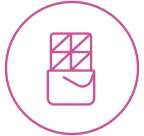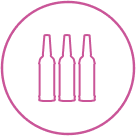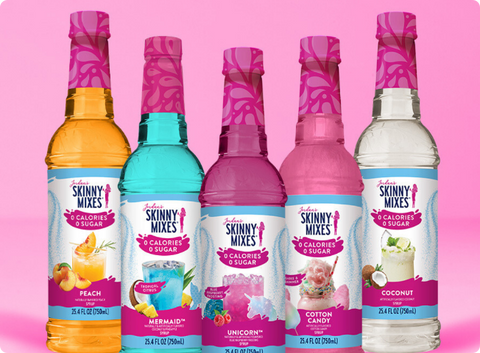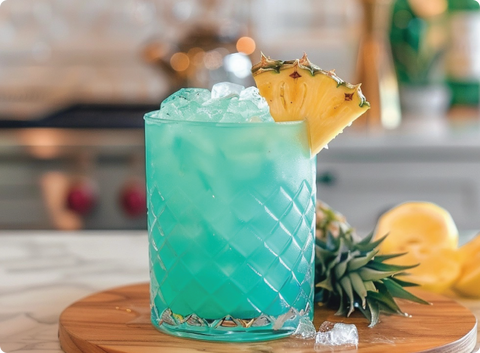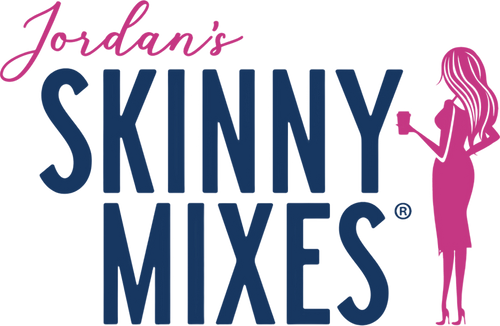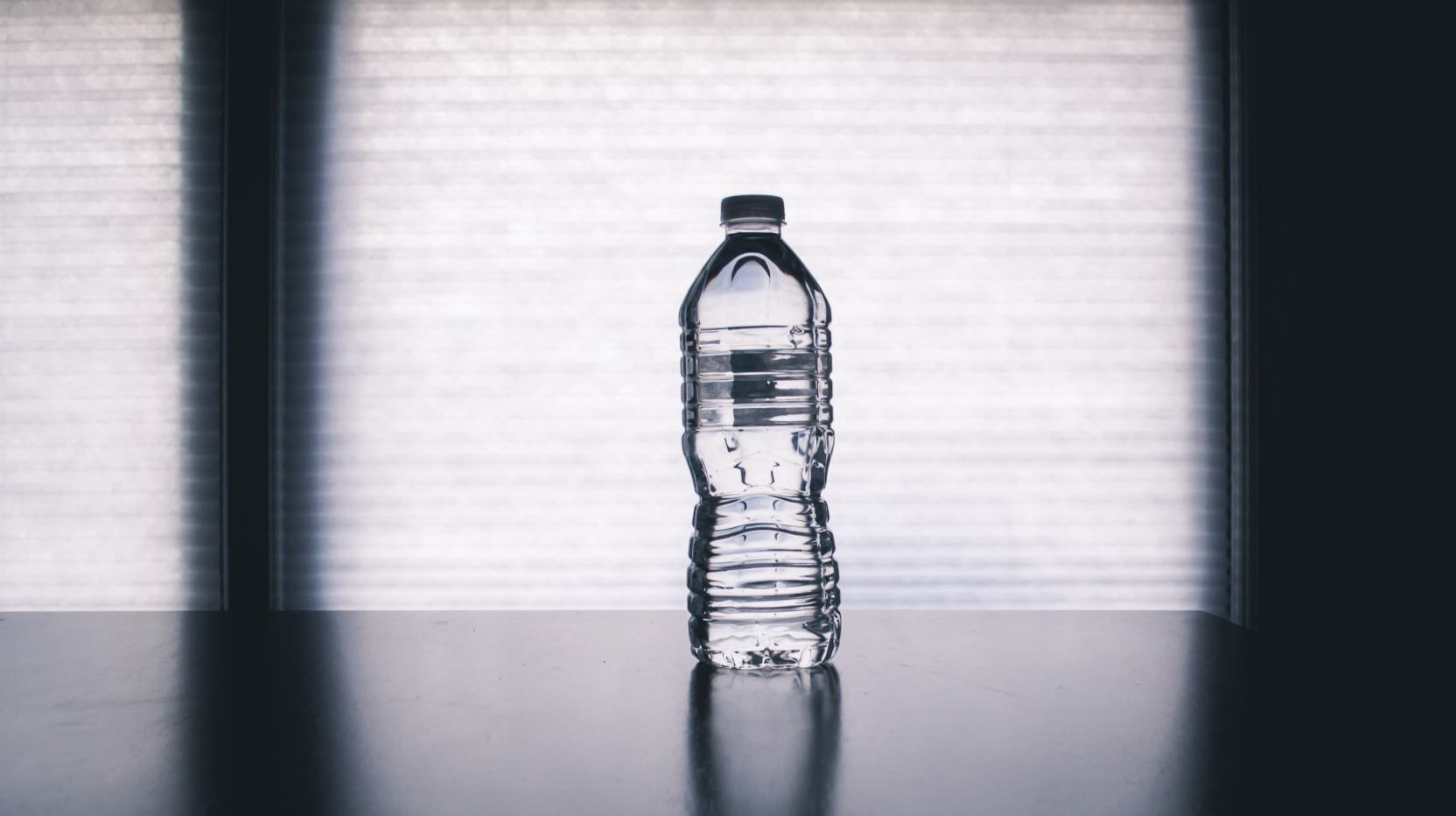Best Water for Drinking
One of your friends swears by carbonated water, another buys mineral water, and your other friend says it’s all marketing hype. Your sister won’t drink anything that isn’t branded purified spring water, but your mom will refill her water bottle from the tap anytime, anywhere. So with all these options, what is really the best water to drink?
Bottled and tap water are subject to government regulations and oversight and are often safe to drink. Tap water, however, is typically a better option because it's less expensive and does not lead to single-use plastic waste. For the best sugar-free simple syrup, click here.
Different Types of Drinking Water
Here are some of the most popular types of drinking water:
- Tap water–this is water from your tap at home. It might come from a privately owned well or municipal water source. Although many people may be uncomfortable drinking tap water because of safety and taste concerns, the truth is that this water is healthy to drink across many parts of the US. If you’re worried that the treatment of your tap water supply isn’t up to par, you can buy a home filtration system to remove all contaminants.
- Mineral water–this water comes from an underground source, and has at least 250 parts per million essential minerals from dissolved solids. Mineral water contains beneficial minerals like magnesium, sulfur, and calcium, which are suitable for your body. Wondering how many glasses of water per day you should drink? Check out our latest article.
- Spring water–this water is from underground sources that rise naturally to the surface, spring water should be bottled at the source. Theoretically, spring water is free of toxins and clean. It also contains some essential minerals found in mineral water; however, some spring water is not tested and may be unfiltered and raw, which could be harmful to your health depending on its content.
- Distilled water–minerals are removed from distilled water through distillation processes, during which water is vaporized and later condensed back into liquid. This water is an excellent choice if you live in an area where tap water is contaminated or could be. Because distilled water lacks minerals and vitamins, it may not have health benefits.
- Sparkling water–this water is also known as soda water or carbonated water. It’s infused with carbon dioxide gas while at high pressure; sparkling water tastes different from flat water, which might be great if you’re looking for something fizzy without artificial sweeteners or sugar. Although this water contains a few minerals, it's not enough to be significantly beneficial to your health.
- Purified water–this is groundwater or tap water treated to remove dangerous substances, such as fungi, bacteria, and parasites. So, purified water is safe for drinking. Just like distilled water, this is a perfect choice if your immediate water source is contaminated. Because of all the dangerous substances removed, you may also miss out on some potentially beneficial ones added to the water supply, such as fluoride, which reduces tooth decay.
- Alkaline water–this is water with a higher pH level than regular tap water. Alkaline water contains negative oxidation-reduction potential and alkaline minerals. Typically, drinking this water is safe; however, it can lower stomach acidity, reducing its ability to kill harmful substances like bacteria. Drinking alkaline water excessively can also cause metabolic alkalosis, resulting in symptoms like vomiting and nausea.
Which Is the Best Water for Drinking?
Again, bottled water and tap water are the best options for drinking because they’re subject to government regulations and oversight. The mineral content and pH level vary between various sources and types of water, but these factors don’t significantly influence the safety of the water. However, high mineral content may affect water's taste, smell, and appearance.
Overall, it’s best to drink tap water if you can, but many people choose to use bottled water if there are problems with their tap water.









